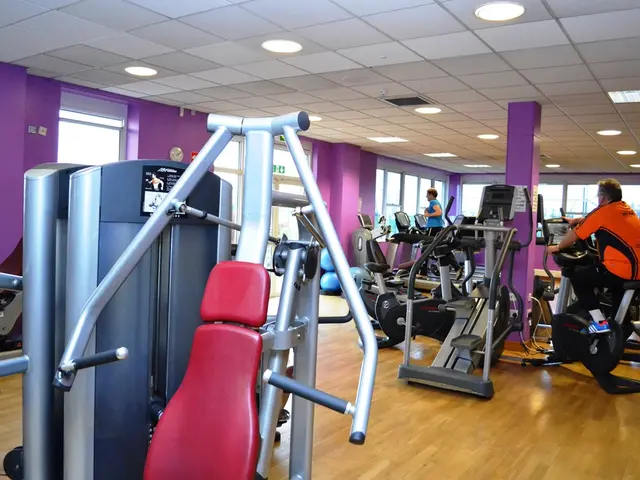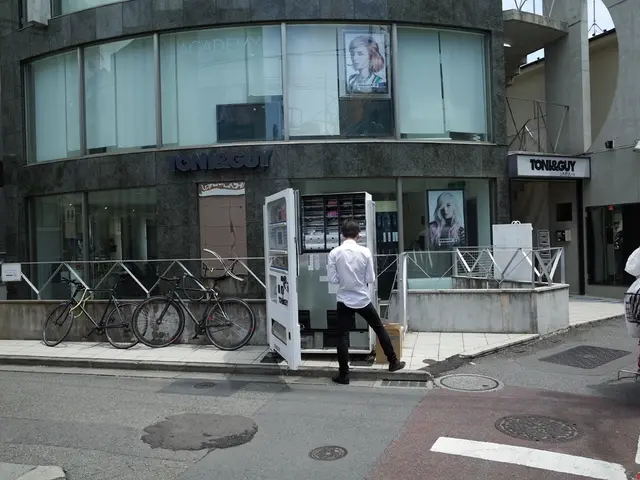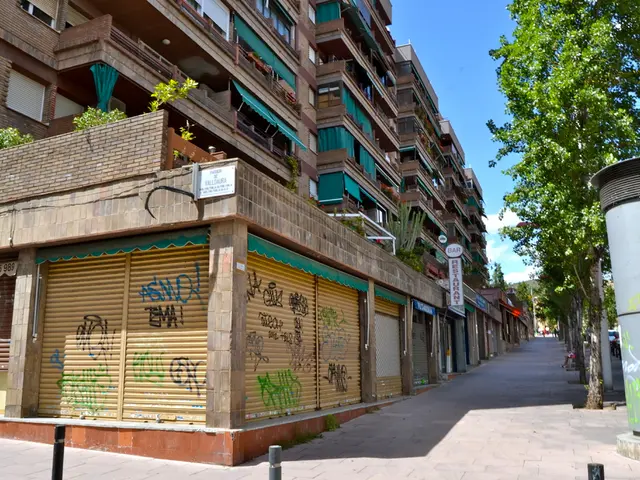Quantifying Every Component: Simplifying Sustainable Science and Communication for Accessible and Practical Action
A New Approach to Sustainability: Making it Relatable, engaging, and Fun
In an insightful article, Mahak Agrawal, a Steering Board Member of ITACUS and Founder of All Bits Count (ABC), discusses the need for a more approachable and engaging sustainability discourse. The focus is on integrating fact, storytelling, and humor to spark behavior change amid an urban landscape starved for greener, more sustainable choices.
Picture a city where energy is self-generated, streets are adorned with edible gardens, and mobility is seamlessly green. It isn't utopian speculation but a reality-built by intentional small choices. But how do we get there? Agrawal proposes that we reframe the narrative around sustainability, making it accessible and interwoven into our daily lives.
A major roadblock in urban sustainability lies in its presentation. Often, sustainability is communicated as an overwhelming challenge-too technical, too expensive, or too abstract for the everyday person. Agrawal's philosophy, embodied in ABC, challenges this notion by promoting a focus on practical, actionable, and cost-effective solutions-making climate action accessible for all.
Urban sustainability calls for a holistic blend of infrastructure and culture, yet the bridge between these elements often falters. Architects design sustainable buildings, but how do we encourage residents to fully utilize these features? City planners create low-carbon mobility plans, but how do we motivate people to opt for public transport over private cars?
The key to overcoming these barriers lies in effective communication. By meeting people where they are and packaging sustainability in a relatable, engaging, and leveraging humour, we can demystify the issues and empower people to act.
Notable examples of initiatives that exemplify the ABC philosophy include the collaboration with Change.org in 2018-19, which addressed deep-seated myths and taboos surrounding sanitation. By framing sanitation as a human rights issue, they mobilized over 200,000 people globally through an online petition in just three months and facilitated tangible policy shifts at both the state and national level.
Elsewhere, the collaboration with the City of Amsterdam tackled the importance of soil and soil biodiversity in urban sustainability. The work highlighted the need to integrate soil health into urban decision-making, ensuring cities don't merely build green spaces but support the living ecosystems beneath them.
More stories, knowledge workshops, and real-world shifts have emerged since then, demonstrating the power of creative storytelling and relatable science in driving change. Agrawal stresses that while ABC is one step in the right direction, more initiatives like it are essential to engage people and make sustainability an empowering, natural part of everyday life.
As the movement towards a more sustainable world continues, initiatives like ABC serve as beacons of inspiration, reminding us that sustainability isn't just the responsibility of policymakers or large corporations. Architects, urban planners, and designers play significant roles as well, shaping experiences and catalyzing small design interventions for holistic change.
Together, let's endeavor to challenge the idea that sustainability is complicated, expensive, or out of reach. Instead, let's make it fun, practical, and seamlessly integrated into our cities, one small step at a time.
In the years ahead, ABC envisions a world where sustainability is an integral part of how we design, build, and live in cities. This vision includes encouraging cost-effective retrofits of old buildings for energy efficiency, creating intuitive and desirable public transport systems, designing public spaces that invite biodiversity, and employing behavioral nudges to make eco-friendly habits effortless.
To further its mission, ABC is actively seeking partners and funders for projects focused on integrating sustainability seamlessly into branding, breaking down the science behind climate myths, and collaborating with urban designers to highlight affordable design interventions for enhanced livability.
One action at a time, let's contribute to a more sustainable future.
- Science, technology, and humor can be combined in urban sustainability initiatives like ABC, making climate change and environmental science more relatable and engaging.
- Sustainable living, urban planning, and home-and-garden practices can be integrated into everyday lifestyle choices, such as adopting edible gardens, self-generated energy, and green mobility.
- Data-and-cloud-computing tools can be used to identify cost-effective solutions for sustainability issues, making them accessible for all, and facilitating the implementation of practical, actionable plans.
- Education-and-self-development programs centered around personal growth can play a significant role in promoting sustainable living, by providing the knowledge and motivation necessary to make eco-friendly choices.
- Collaborations between organizations like ABC can help dispel myths and taboos surrounding issues like sanitation and soil biodiversity, while also highlighting affordable design interventions that support comprehensive change in urban environments.








